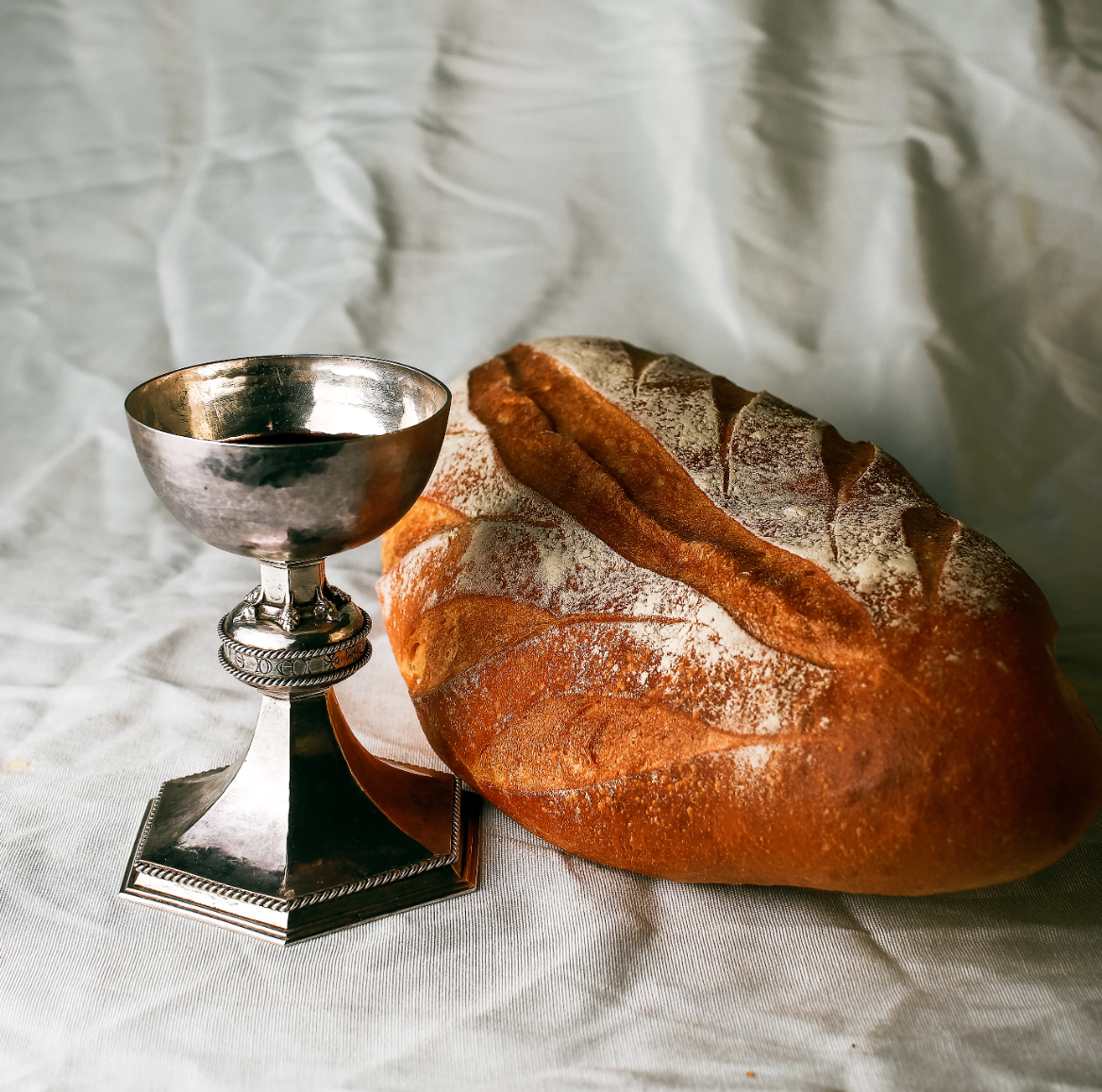Consider Jesus, Our Feast
New Year’s Day is just another midwinter day, but it marks the progress of time and prompts us to reflect—maybe on the passing year, maybe on hopes and expectations for the coming year.
In our New Year’s reflections, I think it can be easy for us to partake of a belief that is unhelpful to our souls, but fills the air Americans breathe: we must make something ultimate of the new year.
I’m struggling to find words for the belief I’m trying to describe, but I hope you can feel what I mean. Though most people don’t talk about this belief in these terms, it can feel like a new year impresses on us a burden that could be described as …
- saving ourselves or
- producing something profoundly meaningful or
- achieving some purity or righteousness,
… especially by means of self-discipline or work.
[1]
That pursuit of ultimate meaning is often expressed in terms that feel secular: a reading challenge, a diet, a habit of discipline with social media, a workout journey, a discipline of creating or discovery.
I think some disciplines of Christian spirituality can also be used as tools for pursuing ultimate meaning, though: a Bible reading plan, a prayer plan, a journaling commitment, a time of prayer and fasting for God’s leading and work in the New Year—all of these can be used as tools for creating ultimate meaning.
None of these things (secular or Christian) is inherently negative. I’m concerned, though, that we might associate these valid pursuits with being good people or good Christians. This is what I’m trying to describe with the word “ultimate.”
Using your time wisely next year may involve investing effort in new disciplines or habits. I don’t mean to undermine any efforts to work or live wisely.
But as Christians, our ultimate is secure—not because we have grasped or created the ultimate, but because God in Christ is holding and recreating us. We have died with Him and been raised to newness of life: we are participating in the life of God. If you are in Christ, ultimate meaning already breathes in you.
Engage the disciplines and keep the feasts. Read good books and use bodily exercise wisely. But in all your effort, remember: these things are not and do not need to be ultimate. Your life is hidden with Christ in God.
[2]
Feast on our exalted King!


Comments
Post a Comment